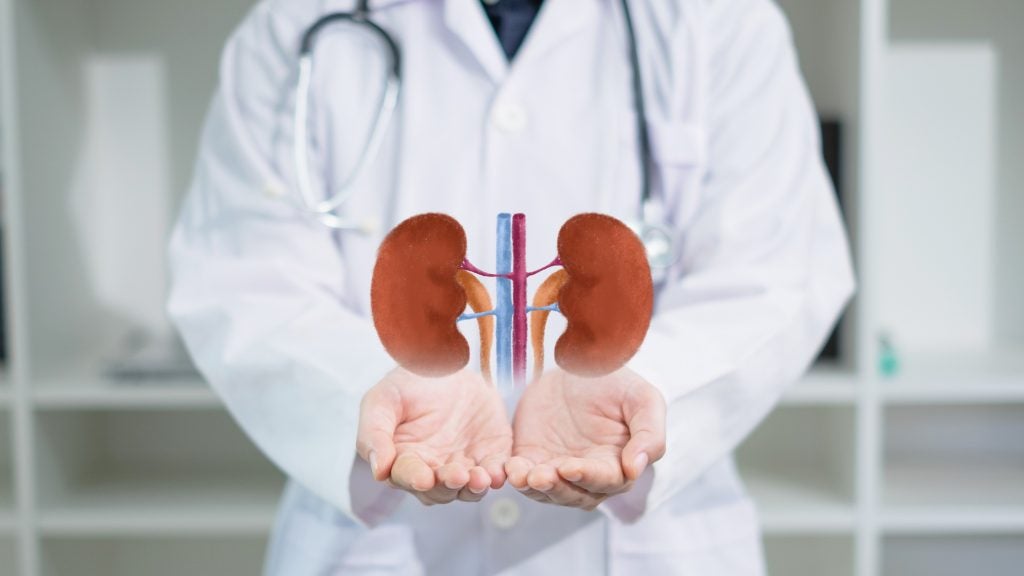Seastar has released positive case studies showing that its selective cytopheretic device (SCD) improved the clinical status of four critically ill paediatric and adult patients across multiple clinical conditions.
The SCD is designed to modulate the immune response in critically ill patients undergoing continuous kidney renal therapy (CKRT). The device selectively targets and removes pro-inflammatory neutrophils and monocytes from the blood, reducing excessive inflammation and the cytokine storm that can lead to organ failure and death.
The manuscript highlights four case studies in which critically ill paediatric and adult patients with multiorgan failure who were treated with its SCD successfully stabilised and improved their clinical status prior to stem cell or liver transplant or left ventricular assist device implantation.
Patients need to be in a relatively stable and healthy condition before they can receive a transplant or artificial organ. If a patient has too much inflammation in their body, it can prevent their immune system from stabilising and their organs from healing.
The SCD has breakthrough device designation from the US Food and Drug Administration (FDA) for adults with acute kidney injury (AKI), cardiorenal syndrome and hepatorenal syndrome. In January 2023, SeaStar Medical entered a US licence and distribution agreement with Nuwellis for SCD in acute kidney injury (AKI).
In June 2023, the US-based company fixed supply chain issues that impacted the sourcing of the tubing connector components of the SCD. Following this, the company began enrolling patients into the NEUTRALIZE-AKI trial (NCT05758077) which is evaluating whether up to ten 24-hour treatments with the SCD will improve survival in AKI patients who need CKRT when compared to CKRT alone. The estimated completion date of the study is in 2025.
In February 2024, Seastar received FDA approval under a Humanitarian Device Exemption for use in children weighing 10kg or more with AKI and sepsis. Children with a septic condition requiring continuous CKRT anytime within the next 30 to 45 days will also be indicated.
Seastar’s medical CEO Eric Schrolff said: “This clinical development strategy is expected to pave the way for market approvals for a therapeutic device that we believe can improve the quality of life for severely ill patients and help save lives.”














